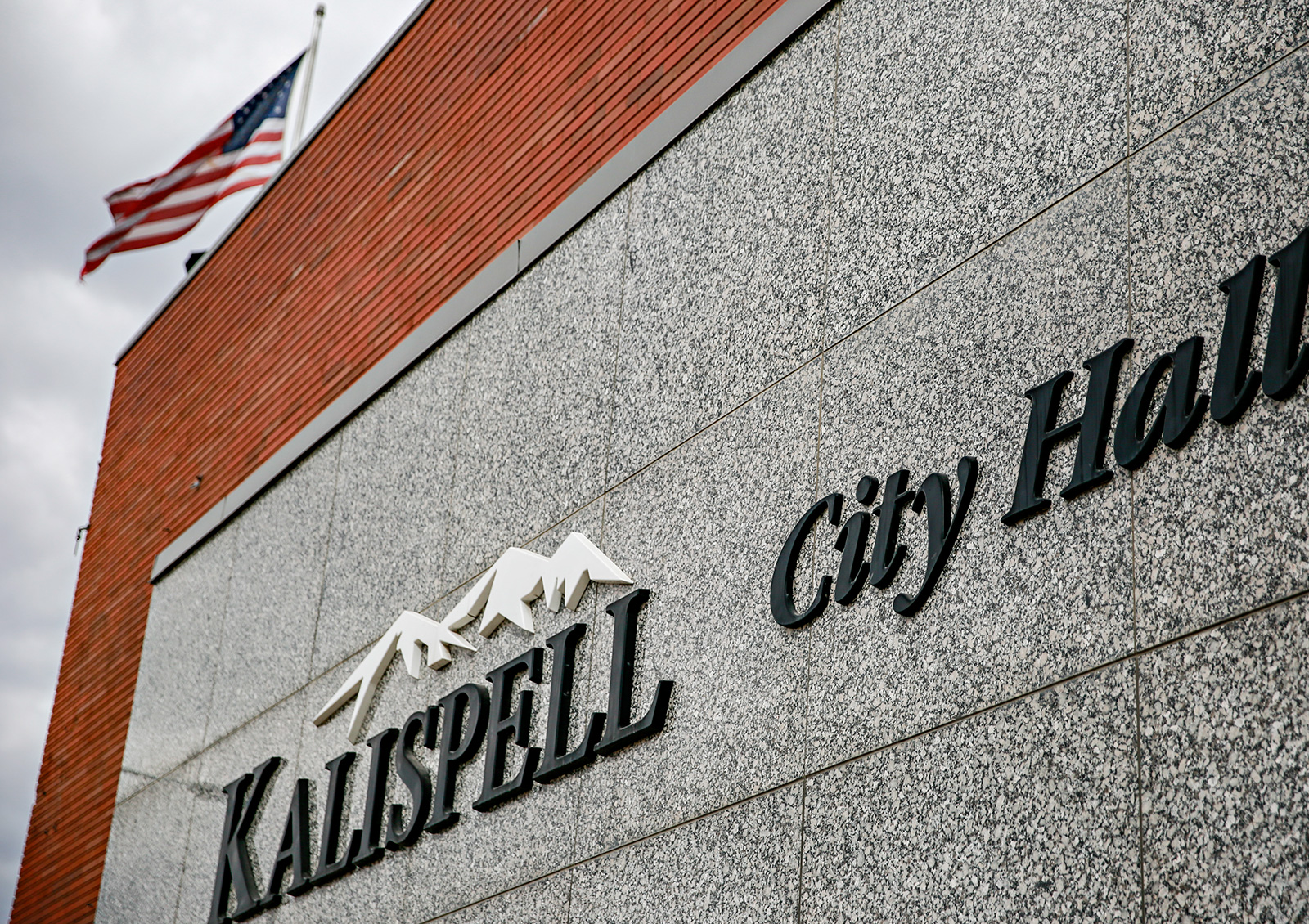The Kalispell City Council on Monday laid out its priorities heading into the 2025 Legislative Session, approving a set of resolutions to address problems related to the Flathead Valley’s growing population, including affordable housing, property tax reform and environmental quality.
Identified as one of the major issues facing municipalities, the council supports legislation that would provide tax relief to Montana’s residential property owners while preserving government revenue.
To increase government revenue, city officials hope to remove restrictions on the current mill levy authority. The rule only allows a levy that is sufficient to generate the amount of property taxes actually assessed in the prior year plus half of the average rate of inflation for the prior three years.
Municipal leaders argue that this cap prevents an adequate amount of funding for the city, which is limited to property tax collections. The funding gap prompts many communities to rely on mill levies for growing service costs.
According to state data, residential homeowners pay nearly 60% of all property taxes collected statewide, a 20% rise compared to two decades ago.
While Kalispell Mayor Mark Johnson supports potential legislation to loosen restrictions on mill levies, he cast doubt on the state legislature‘s willingness to allocate more money to local governments.
“We know this stands a proverbial snowball’s chance,” Johnson said.
As housing prices continue to outpace average incomes in Montana, city officials also support legislation that promotes partnerships with state and federal agencies, local governments and private sectors while still preserving local decision-making.
The Montana League of Cities and Towns cited the passage of the Montana Land Use Planning Act, a comprehensive planning statute overhaul that requires large cities to allocate space to house population growth. Officials plan to continue proposing revisions for the plan following its passage in the 2023 Legislature.
In response to Montana’s growing population, city officials support policies and statutory frameworks that protect municipal water rights and water quality. Leaders also want to make sure cities are not on the hook for a disproportionate share of the cost of the “forever chemicals” contamination.
Earlier this year, the City of Kalispell obtained state and federal funding to treat drinking well water in one of the municipal wells after detected levels of per- and polyfluoroalkyl substances (PFAS) above the new federal regulation.
Other legislative priorities approved include the support of a local option sales tax; maintaining tax increment financing; streamlining special district legislation; environmental quality; public infrastructure assistance; public resource management; affordable housing; and mental and behavioral health funding.
